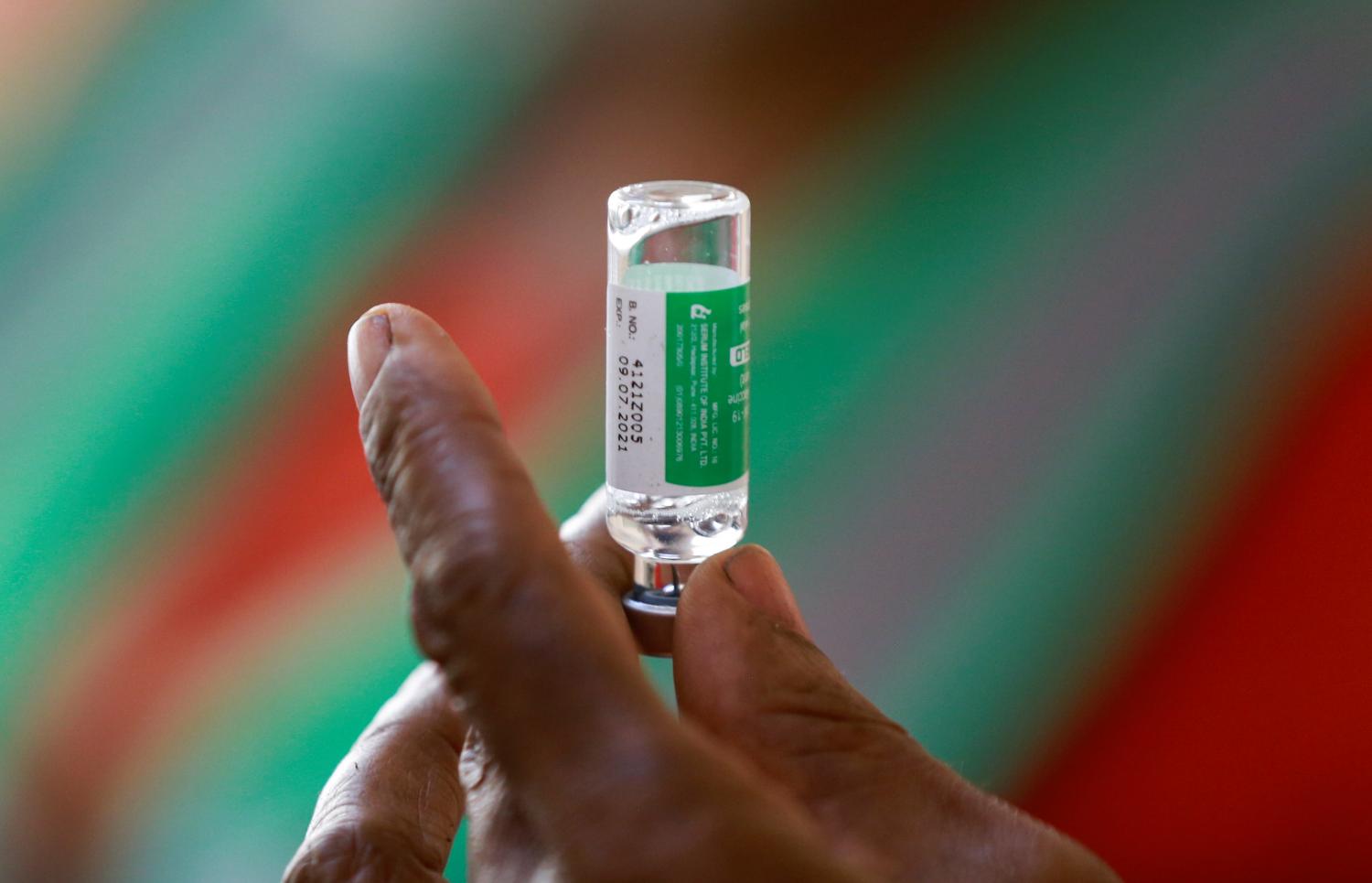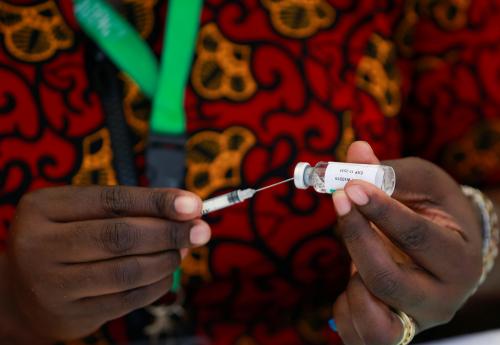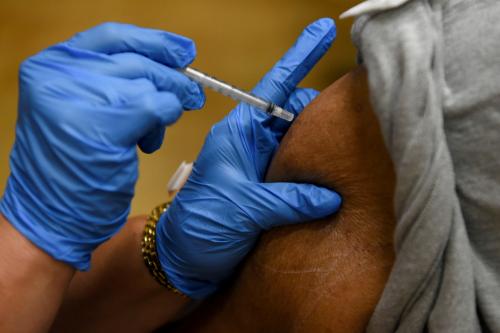Abstract
In 1996, following an epidemic, Pfizer tested a new drug on 200 children in Muslim Nigeria. Eleven children died while others were disabled. We study the effects of negative news on vaccine compliance using evidence from the disclosure of deaths of Muslim children in the Pfizer trials in 2000. Muslim mothers reduced routine vaccination of children born after the 2000 disclosure. The effect was stronger for educated mothers and mothers residing in minority-Muslim neighborhoods. The disclosure did not affect other health-seeking behavior of mothers. The results illustrate the potential spillover effects of perceived medical malpractice on future vaccine hesitancy.
Introduction
“We are not guinea pigs.”
– South African anti-vaccine protesters, Reuters, July 1, 2020
Following a meningitis epidemic in 1996, Pfizer conducted human trials of an experimental antibiotic on 200 children in the Muslim state of Kano in Northern Nigeria. Eleven children died and multiple children were disabled following the trials. In 2000, a reporter at The Washington Post published an exposé alleging Pfizer’s fault in the children’s deaths and for unethical medical trials. The news sent shockwaves throughout Nigeria, sparking a series of protests led by Muslim religious leaders alleging that Pfizer and “the West” were trying to kill Muslims with medicines and calling for boycotts of vaccinations among Muslims. The subsequent reduction in routine child vaccination among Muslim mothers set back global polio eradication efforts by over a decade; negative effects lasted for up to 12 years after the initial disclosure. The event provides evidence to study the effects of negative news about vaccination on vaccine hesitancy and noncompliance.
We assess the effects of the 2000 Washington Post disclosure on child vaccination outcomes using a difference-in-differences strategy comparing differences in child vaccination outcomes across Muslim versus non-Muslim mothers (first difference), for children born before versus after the Washington Post revelation of the Pfizer drug trials in 2000 (second difference). We focus on Muslim mothers because the victims were Muslim children and the boycotts against vaccination were led by Muslim religious leaders in the aftermath of the drug trial disclosure in 2000. We find that the Washington Post disclosure of the Pfizer trials led to significant reductions in routine vaccination—namely, tuberculosis (BCG), diphtheria, pertussis and tetanus (DPT), polio, and measles vaccinations—of children born to Muslim mothers after the disclosure. Muslim mothers reduced BCG, DPT, polio, and measles vaccination rates by 9.1 percentage points (pp), 8.9 pp, 5.1 pp, and 8.6 pp, respectively, equivalent to an 11 percent to 27 percent reduction in child vaccination of children born to Muslim mothers relative to the pre-disclosure sample mean. We show that the effects are largely driven by educated Muslim mothers and Muslim mothers residing in minority Muslim neighborhoods with relatively stronger ties to religious networks. The disclosure did not affect other health-seeking behavior of mothers; the reduction effect is specific to child vaccination, not other child health outcomes.
The results provide insight into the drivers of vaccine hesitancy and noncompliance, with over 1.5 million people, many of them children, dying each year from vaccine preventable diseases.1 We add to several distinct literatures. First, our work is related to the recent economics literature on the role of medical malpractice and negative news on long-term trust in health institutions and health behavior (Alsan and Wanamaker, 2018; Lowes and Montero, 2020; Martinez-Bravo and Stegmann, 2021; Qian, Chou, and Lai, 2020; Chang, 2018); including work on the effects of the Tuskegee trials on health outcomes of African American men (Alsan and Wanamaker, 2018), a CIA vaccine ruse on immunization in Pakistan (Martinez- Bravo and Stegmann, 2021), and colonial medical campaigns on mistrust in medicine in Africa (Lowes and Montero, 2020). We complement previous work by examining how mothers choose to vaccinate their children in response to negative news about vaccines. We also show how such responses are driven by the mother’s education (Cutler and Lleras-Muney, 2010; Kenkel, 1991; Anderberg, Chevalier, and Wadsworth, 2011).
Our work also adds to the nascent literature on the economics of religion. Past work focused on Christians/churches has linked participation in religious networks to economic development (Iannaccone, 1998; Iyer, 2016) and demand for insurance (Auriol et al., 2020). Here, we provide evidence from Muslim populations, an understudied group in this literature, and focus on the important role of religious networks in diffusing information on health, particularly among minority communities where individuals may cleave more strongly to these networks in the absence of neighboring family ties. Past research has shown that these networks can be particularly important ways of spreading information to improve health among minority communities (Ellison and Sherkat, 1995; Levy-Storms and Wallace, 2003). Our paper illustrates how religious networks can reduce health behavior by diffusing negative news about vaccines, with consequences for future vaccine hesitancy.
-
Footnotes
- Source: Children’s Hospital of Philadelphia: https://www.chop.edu/centers-programs/vaccine-education-center/global-immunization/diseases-and-vaccines-world-view






